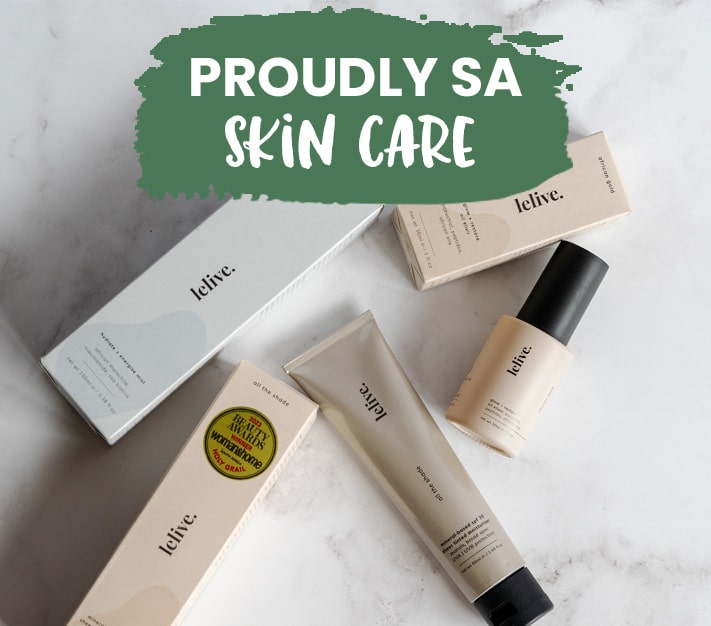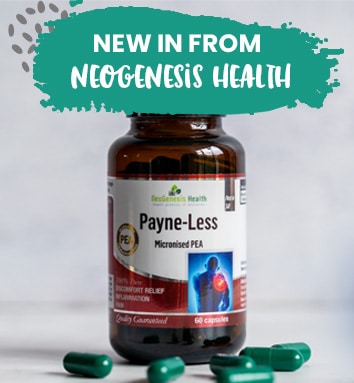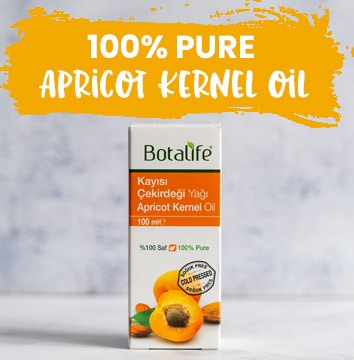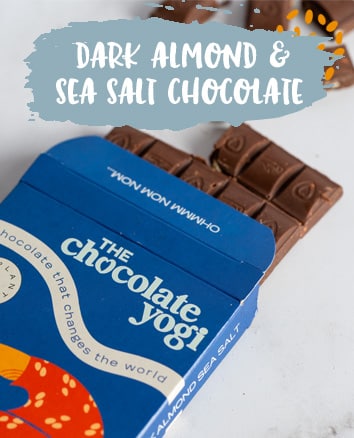The world is changing by the minute, even regarding food, farming, and product manufacturing.
Organic products have been gaining popularity for some time now. However, everyone has opinions on organic food and other organic products. Some think organic food is safer, healthier, and tastier than conventionally grown food, while others believe it’s better for the environment and the well-being of animals.
Many blindly search for organic food while not being sure exactly what it means for a product to be organic or what they are paying for.
So, what does organic food mean?
The first thing you need to know about organic products?
Organic means to be certified by an independent third party.
To label a product as organic, a producer or manufacturer needs the services of a regulatory body to use their organic and natural logo on their product’s labelling.
The producer or manufacturers need to:
- Meet all the specific requirements of the particular regulatory body
- Pay the annual fee
These standards are also why we live in a strange world where less processed is more expensive. Organic is costly. It’s costly for the producer, manufacturers, and in the end, the consumer. Many farmers almost comply, but can’t meet all the regulations, pay the fees, and keep their prices competitive enough to stay in business.
Who are the organic certification bodies in South Africa?
There are two main certification bodies used in South Africa:
Ecocert
Ecocert is a global certification board.
They are a historical player in organic farming certification and are renowned for their competence and independence. From the first audit to issuing the certificate, their teams evaluate and ensure that your activities comply with your chosen specifications.
Ecocert’s 5-step certification process:
- Request: You contact them requesting a specific label, and they advise you on which certification best suits your needs.
- Contract: You sign a contract with them managing particular criteria.
- Initial audit: Their auditors make on-site visits to check the compliance of your systems, practices and products with the corresponding standards.
- Review of your certification file: Their certification officers review the conclusions of the audit report to decide if certification may be granted.
- Certification: Their team issue your certificate. At this point, you can display the logo associated with the standard on your labels with transparent communication.
CERES – CERtification of Environmental Standards
The CERES certification board provides organic certification for products in South Africa and worldwide.
CERES offers certification for:
- Organic farming and food processing
- Organic textiles
- Good Agricultural and Good Manufacturing Practices in the food industry
- Other certifications according to several agricultural sustainability standards
International certification bodies:

What are the standard criteria for organic certification?
Organic fresh food:
Organic fresh food includes all fresh food, including organic fruits, vegetables, and meat.
The farm in question needs to be certified as organic or bio-dynamic. The process takes three years initially and requires renewal every year. Seeds, soil, and treatment agents are inspected to meet specific criteria. The most important standards for fresh produce to be organic are:
- No use of synthetic pesticides
- No use of synthetic fertilised
- No use of synthetic herbicides
- No GMOs are allowed
- No synthetic preservatives on the final product
- No irradiation on the final product
Are there any local certified organic farms in South Africa?
Yes, there are two that we are aware of at the moment in SA. Wensleydale Farms is in Centurion; they offer fresh organic produce and organic packaged food. The other, Tierhoek Organic Farm, provides a selection of dehydrated organic fruits and vegetables, a few jams, and other organic condiments.

Packed organic foods:
With packed foods, organic certification becomes even trickier, as there is usually more than one ingredient involved, and most packaged foods need preservatives to have a shelf-life.
The typical criteria for certified organic packaged foods:
- All ingredients must be organic
- No synthetic preservatives
- No synthetic additives such as colourants, flavourings, flavour enhancers
- No irradiation is allowed.
- No GMO ingredients
There are also only a few South African brands with certified organic packaged foods. These brands include Wensleydale Farms, Absolute Organix, Soaring Free Superfoods, Kapthura, and Kapruka.
Cosmetics and beauty products:
Organic cosmetics are very rare and hard to find. This scarcity exists because all ingredients in the product must be certified organic, and therefore, very few preservatives. The only component that cannot be certified as organic is water as water is organic.
As a result of the strict criteria surrounding certified organic beauty products, most ranges are typically labelled and classified as natural, not organic.
Standard criteria for organic/natural certification in beauty products:
- All ingredients (except water) must be natural or organic
- No irradiation
- No GMO ingredients
- Certain processes are prohibited
- No synthetic ingredients with harmful side effects
- The percentage of natural ingredients or from a natural source is listed, and organic ingredients are listed
The most well-known certified beauty product range in South Africa is Esse skincare, a proudly South African brand that carries Ecocert’s logo on all its products.
Cleaning products:
There are no regulations for cleaning products as it’s nearly impossible to certify them as organic. The term “natural’ usually applies to safer and more environmentally friendly cleaning products.
The most important thing for certification of cleaning products is to be non-toxic and bio-degradable.
Supplements:
Organic supplements are also mostly labelled as natural, not organic, as the range of ingredients complicates matters and the certification criteria are similar to packaged food. Organic certification for supplements is rare; however, we stock a few certified organic supplements.
Ranges with organic supplements include Earthier and Source of Life Garden, a product from Natures Plus.

How do I check if the organic claims on the label are valid?
- Check the ingredients list.
- The product is neither natural nor organic if the ingredients are not listed.
- Check for logos of certification bodies such as Ecocert or Ceres.
- Visit the farm and speak to the owner.
- Buy from trusted shops such as Organic Choice, where we verify the above and won’t sell any products that don’t meet our clean and transparent ingredients policy.
If you’d like to keep your shopping as clean as possible but struggle to find certified organic products for everything – you are not alone.
At Organic Choice, we verify farmers’ organic claims by visiting the farms to inspect if what the owners say is true regarding soil treatment, quality of feed and use of pesticides and herbicides.
We can also recommend speaking to markets, as some do their independent verification for the quality of their suppliers’ produce and products.








